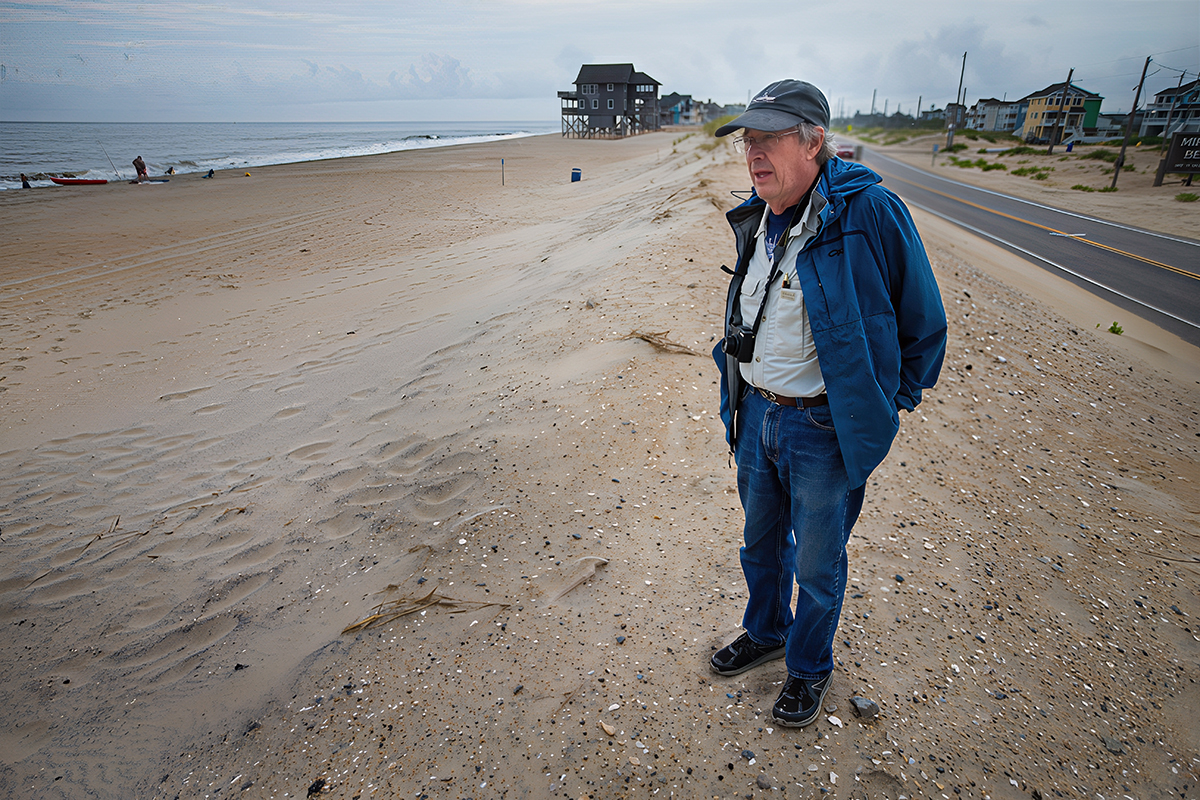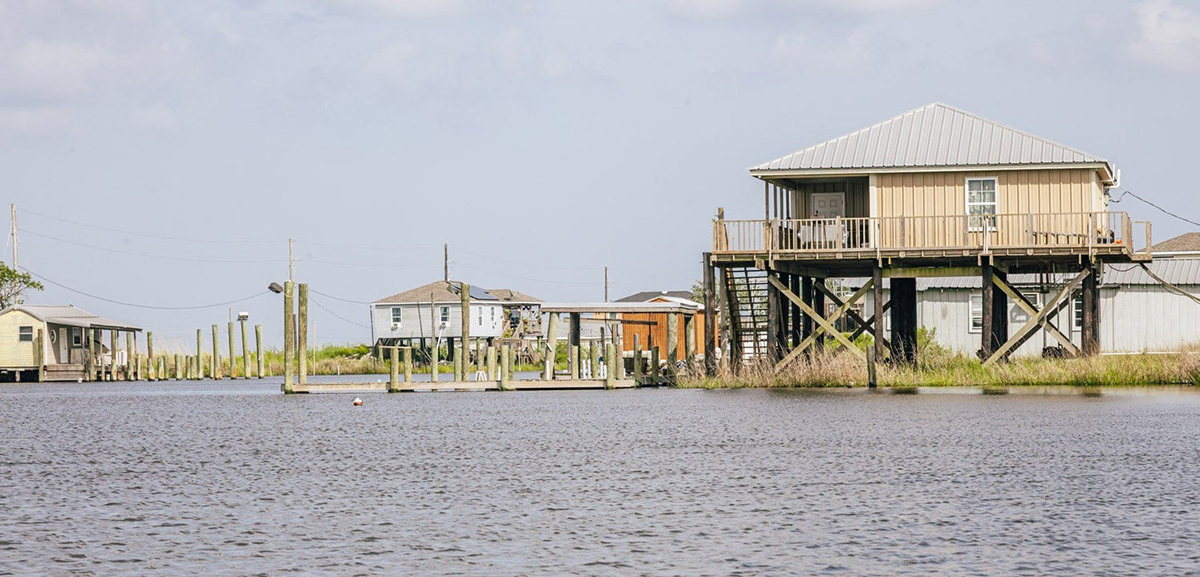Third in a series
WILMINGTON – A former Florida-based Army Corps of Engineers employee who pleaded guilty earlier this year to lying to investigators about getting paid by an environmental consulting firm in assisting with contract negotiations and sharing sensitive internal government information did not have a hand in the Wilmington harbor improvement project, according to an official with North Carolina State Ports Authority.
Supporter Spotlight
Tracey Jordan Sellers, a civilian employee with the Corps’ Jacksonville, Florida, District, pleaded guilty in July of making false statements to Department of Defense investigators about working part-time for a private firm on a handful of projects, two of which were in North Carolina.
The Joint Factual Statement filed July 12 in U.S. District Court for the Southern District of Florida does not identify the company or the specific projects in which Sellers was involved.
Bethany Welch, the ports authority’s senior manager of communications and business outreach, said in an email that Dial Cordy and Associates, which has a regional office in Wilmington and is headquartered in Jacksonville Beach, Florida, helped prepare the ports’ draft feasibility study and environmental report for the proposed harbor project.
“Tracey Sellers was in no way involved or contacted for any information in the feasibility study by Dial Cordy,” Welch said.
Dial Cordy President and CEO Steve Dial did not return a call seeking comment.
Supporter Spotlight
In comments submitted to the Corps’ Wilmington District, lawyers representing the Village of Bald Head Island question whether Sellers may have worked on the project.
“While none of the Plea Agreement, Joint Factual Statement, or news report say that Dial Cordy & Associates was the environmental consulting company for whom Ms. Sellers worked, given that Dial Cordy was involved in Florida and has offices in Wilmington, North Carolina, and may have been involved in the North Carolina projects (especially in light of the dates of the referenced projects), we believe these questions merit further investigation,” the letter states. “If in fact she worked on this project, this omission in the Draft Report disclosures should also be investigated and explained,” lawyers for the Brooks Pierce law firm wrote.
“… we believe these questions merit further investigation.”
Brooks Pierce law firm’s letter to the Corps
Sellers, a biologist, was contacted in November 2014 via email by a senior member of the unidentified company offering her a part-time job, “related to a bid proposal that COMPANY planned to submit to a state agency in North Carolina,” according to her statement.
Sellers, without seeking or getting approval from Corps ethics officials, provided her resume to the company and “reviewed and made suggested edits” to part of the company’s bid proposal, the statement said.
“Because the state project would later be reviewed by USACE’s Wilmington District, Sellers agreed to limit her participation to ‘technical writing support only’ and suggested that she not attend any meetings with USACE,” the statement said.
Sellers did not receive pay for the work.
She was offered a second part-time job on another project in North Carolina by the same senior member of the company in October 2018.
This project would also be reviewed by the Corps’ Wilmington District, according to the statement.
Sellers, again without authorization from the Corps, “provided advice about the project and asked for a contract for her services,” the statement said.
The company agreed to pay her up to $9,000 over six months at a rate of $50 per hour.
Sellers, who was sentenced in September, also worked with the consulting firm on major dredging projects in south Florida and negotiated a contract for a job with the company on a proposal for a project in Louisiana, the statement said.
“All of the foregoing issues potentially bear on the reliability and credibility of the materials being submitted to the Corps for consideration in its evaluation of this project,” Brooks Pierce lawyers said in their letter to Wilmington District.
They conclude by asking district officials to disregard the entire draft report and investigate and determine the circumstances under which the report was prepared.
The Wilmington District did not respond to questions from Coastal Review Online by deadline.
Lawyers for the island have expressed a number of concerns about the proposed project to widen and deepen with harbor channel to make way for larger container ships operating out of Asia.
Those concerns include the potential impacts dredging the channel to a deeper depth will have on Bald Head’s beaches.
The Corps of Engineers Wilmington District is in the beginning stages reviewing the harbor project through the National Environmental Policy Act, or NEPA, process.








